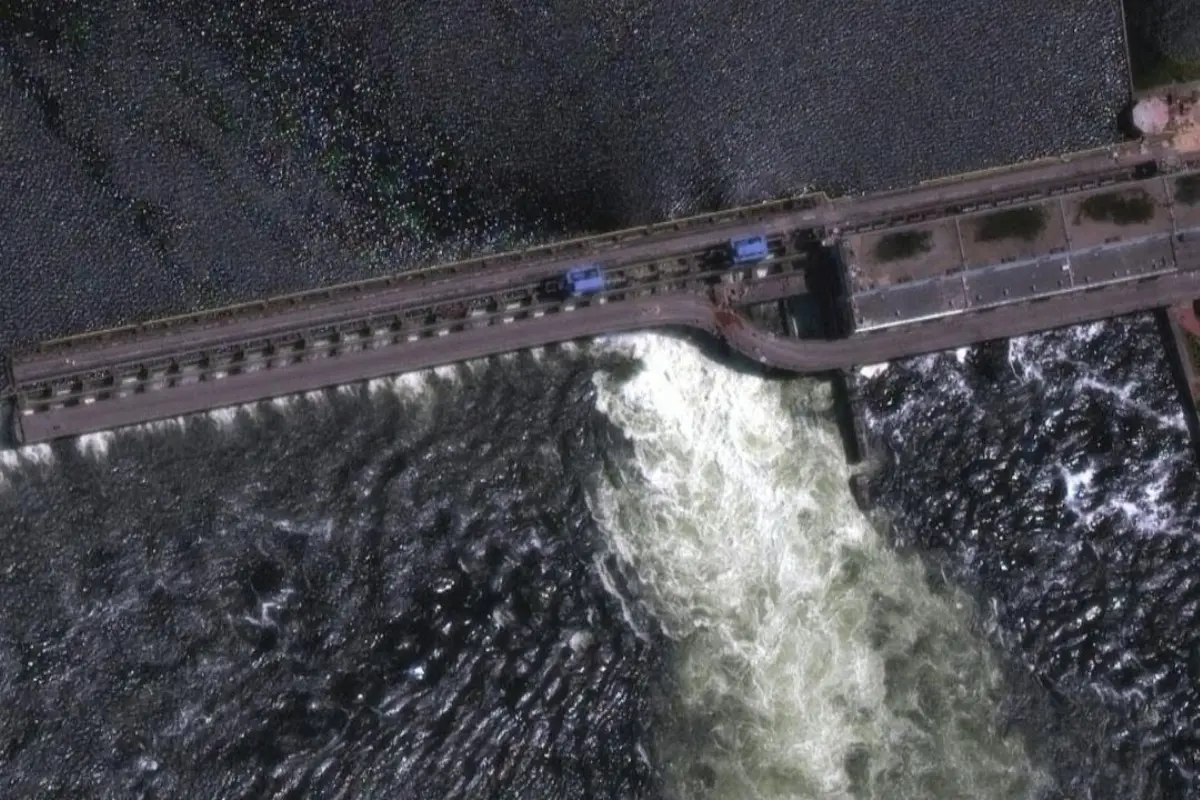
Ukraine: incalculable damage to agriculture after Kakhovka
In the medium to long term, the destruction of the dam also risks international repercussions

According to the Ukrainian Ministry of Agriculture, 600 thousand hectares of agricultural land no longer have access to water for irrigation following the destruction of the Kakhovka dam on 6 June. Before the invasion in Ukraine, about 4 million tons of grain and oilseeds worth $1.5 billion (€1.4 billion) were harvested each year.
Many farms were confiscated by the Russian army in almost one and a half years of the war. Then came the Kakhovka disaster which damaged an invaluable number of farms not only in the conflict territories but also in northern Crimea, which has always been supplied by the dam. The bias, therefore, would be more for Russians than for Ukrainians.
Before the war, Kherson produced 12% of the country's total vegetables, although its territory covers only 2% of the nation's agricultural land. Ukraine has now lost 36% of its total tomato crop.
"Tomatoes from southern Ukraine are the best, especially those with a sweet taste. With sufficient watering, under the southern sun, they ripen particularly well", said Yuri Lupenko, a researcher at the Kiev Institute of Agricultural Economics. Lupenko has warned that farmers in southern Ukraine could lose their livelihoods without water from the Kakhovka Reservoir and that vegetables could become a scarce commodity.
The dam's destruction also won't have any immediate effect on Ukraine's grain exports, as the affected areas have also been cut off from the international market since 2022, however Stephan von Cramon-Taubadel, an agricultural economist at the University of Göttingen , says that "the tension comes from the sum of many uncertainties. Prices can fluctuate very rapidly as more information comes in".
Von Cramon-Taubadel claims that international wheat prices have increased by an average of 3% immediately after the destruction of the dam and foresees strong economic instability as long as the war continues. For the time being, the economist adds, good harvests in major agricultural countries - including Russia - and positive forecasts for the 2023 harvest mean relatively low prices for imports, particularly in the global South. However, in the future, Ukrainian agricultural production will be needed again, especially to fight hunger in the world.
"If in the medium term the region suffers more and more from war and destruction, as is the case with this dam break, it will be like going to war against famine with one arm tied behind your back," adds von Cramon-Taubadel, concluding that another source of confusion has been Russia's repeated doubts about an extension of the Black Sea grain deal.
EFA News - European Food Agency